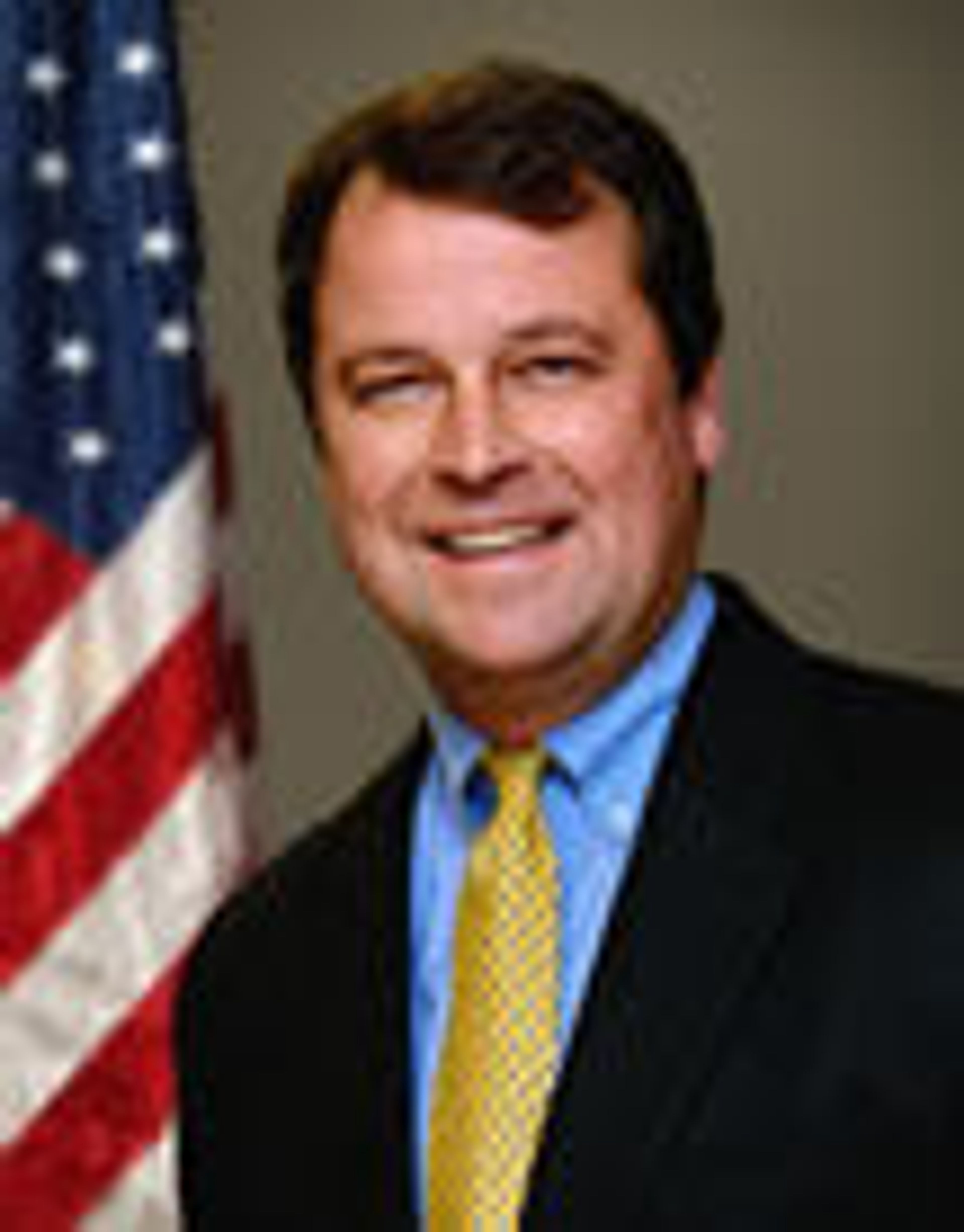State Board disputes indoctrination claims
Member of Idaho education panel: In absence of clear voices, ‘those who shout will be heard’
Members of the Idaho State Board of Education said Thursday they have seen no evidence supporting claims of “indoctrination” in the state’s public school system, despite accusations from conservative state lawmakers.
Board members noted this legislative session, which began Jan. 11, has been dominated by discussions about freedom of expression and worries that public schools, from K-12 through higher education, use taxpayer dollars to promote a social justice agenda.
Incoming board president Kurt Liebich, who was elected at the end of Thursday’s meeting, said this time would have been better spent working to address achievement gaps caused by the pandemic.
“If you’d asked me what the Legislature would have focused on as the session began, I would have thought the conversation would have been about the impact of the pandemic,” Liebich said during a news conference after the board meeting. “But that’s not where the conversation’s been at all. It’s been about the issue of do we, or do we not, indoctrinate kids, (and) do we, or do we not, have freedom of expression.”
Liebich called the accusations “a direct attack on this board,” and said budgets funding higher education and K-12 teacher salaries in the state were shot down over the concerns. While there may be isolated cases where a teacher crosses a line, he said he has seen no evidence of a systematic effort to limit free speech or promote one ideology over another in Idaho schools.
Liebich and other board members said accusations of indoctrination in the K-12 system are particularly unfounded. Linda Clark, chairwoman of the state board’s Planning, Policy and Governmental Affairs Committee and a former K-12 educator and administrator herself, said focusing on such issues does a “tremendous disservice” to educators, students and families when there is still educational fallout from the pandemic that must be managed.
“Forty-seven years I spent actively in Idaho education. I spent thousands of hours in classrooms. I never, at any point, saw one single issue of indoctrination,” Clark said during the meeting. “I can tell you that teachers are not inclined to do that. They take the standards of teaching very seriously, and, frankly, they have all they can do to teach the skills and to help students grow and mature.”
“I think we have school boards all across the state that have policies in place to deal with these issues when they arise, and I think our school boards do a tremendous job,” Liebich added.
Liebich said he has “absolutely zero concern” that there is indoctrination taking place in the state’s K-12 schools and that he trusts local boards of education to manage any issues that arise through their own policies and procedures. He said the state board should instead focus on addressing concerns in higher education.
He gave three recommendations for how this might be done: First, he said while there is already strong state board policy addressing free expression in Idaho schools, this could be reviewed and refreshed. He also recommended the board work with administrators and faculty leadership in state higher education institutions to make their policies more visible and accessible to students and the general public. Last, he said the board must determine a way to objectively measure and report on free expression in schools.
Board member Dave Hill agreed, saying the board must be clear about “what our policies say, how our policies are implemented and how do we measure it going forward.”
“In other words, in the absence of clear voices, those who shout will be heard,” Hill said. “So we have to make sure that there (are) substantive arguments to say what’s really happening, rather than anecdotal arguments that say what might be happening to individuals.”
Jackson can be reached at (208) 883-4636, or by email to sjackson@dnews.com.


